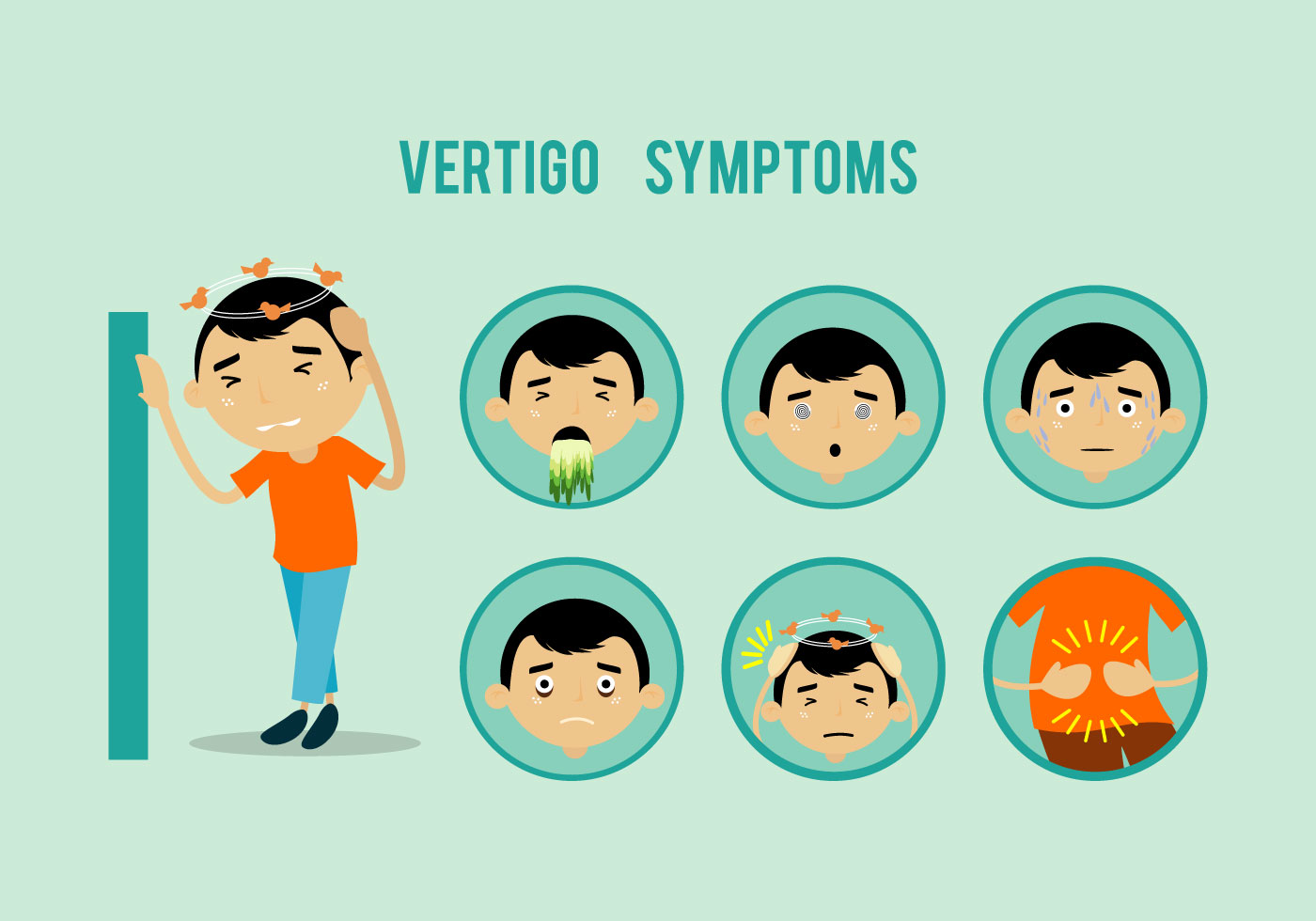
Vertigo that is caused by problems with the inner ear or vestibular system, which is composed of the semicircular canals, the vestibule ( utricle and saccule), and the vestibular nerve is called "peripheral", "otologic", or "vestibular" vertigo. While this classification appears in textbooks, it is unclear what relation it has to the pathophysiology or treatment of vertigo. The third type is known as pseudovertigo, an intensive sensation of rotation inside the person's head. Subjective vertigo refers to when the person feels as if they are moving. Objective vertigo describes when the person has the sensation that stationary objects in the environment are moving.

Vertigo can also be classified into objective, subjective, and pseudovertigo. Vertigo is classified into either peripheral or central, depending on the location of the dysfunction of the vestibular pathway, although it can also be caused by psychological factors.

Vertigo typically indicates a problem in a part of the vestibular system. Other causes may include toxin exposures such as to carbon monoxide, alcohol, or aspirin. Physiologic vertigo may occur following being exposed to motion for a prolonged period such as when on a ship or simply following spinning with the eyes closed. Less common causes include stroke, brain tumors, brain injury, multiple sclerosis, migraines, trauma, and uneven pressures between the middle ears. The most common disorders that result in vertigo are benign paroxysmal positional vertigo (BPPV), Ménière's disease, and labyrinthitis. Vertigo is the most common type of dizziness. It is typically worse when the head is moved. This may be associated with nausea, vomiting, sweating, or difficulties walking. Often it feels like a spinning or swaying movement. Vertigo is a condition where a person has the sensation of movement or of surrounding objects moving when they are not.

Presyncope, disequilibrium, non-specific dizziness Feeling of spinning or swaying, vomiting, difficulty walking īenign paroxysmal positional vertigo (BPPV), Ménière's disease, labyrinthitis, stroke, brain tumors, brain injury, multiple sclerosis, migraine


 0 kommentar(er)
0 kommentar(er)
